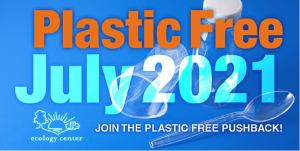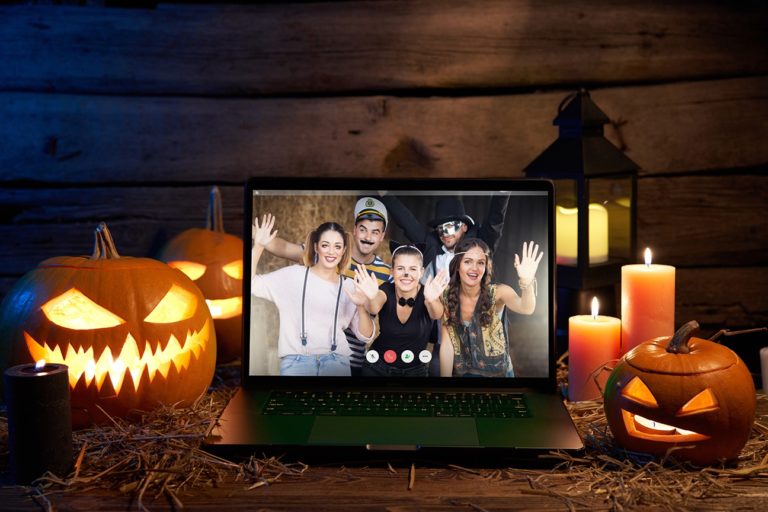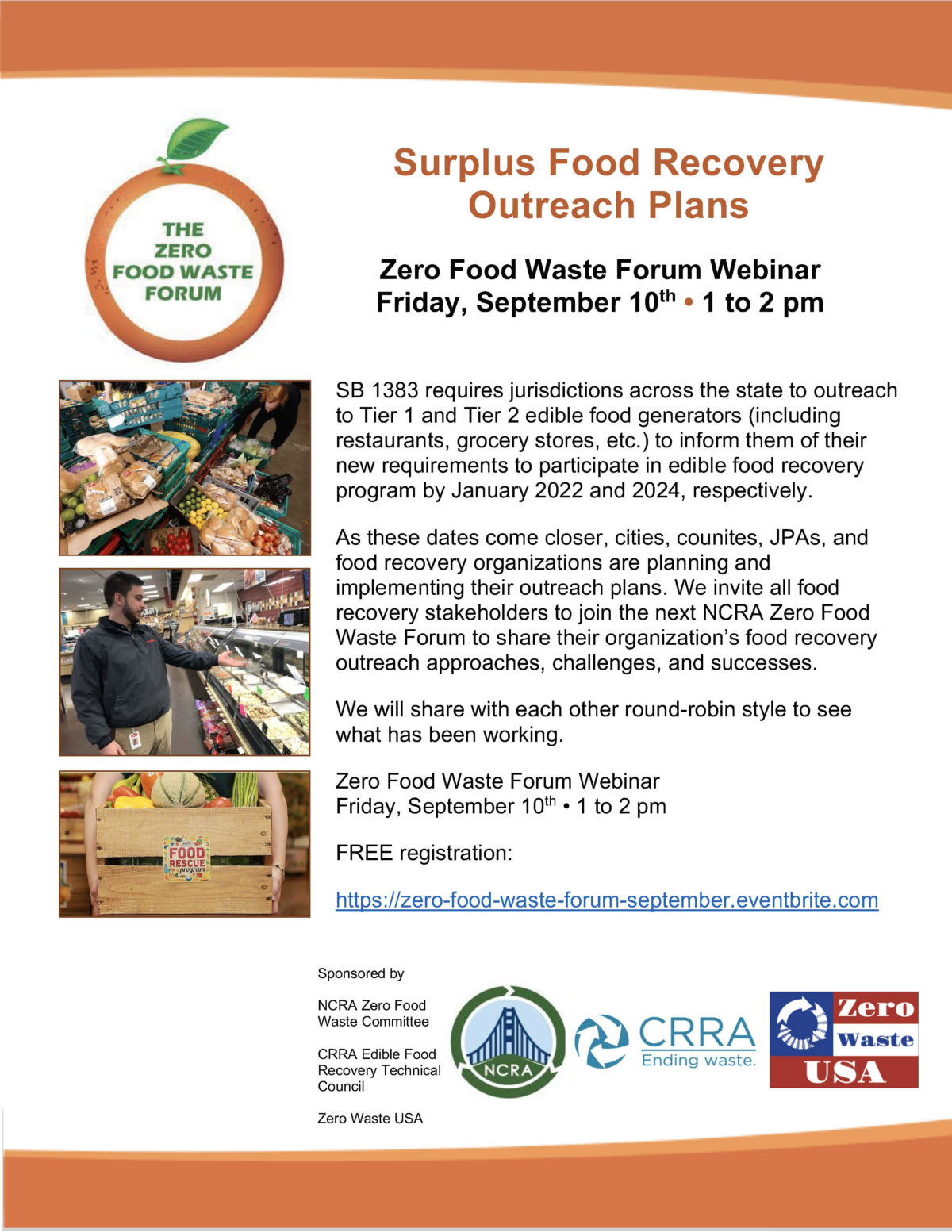Plastic Free July 2021 …
WHAT ACTIONS ARE YOU TAKING…
… to foster sustainable behavior change?
By Bonnie Betts, NCRA Social Media Coordinator
 For folks passionate about Zero Waste, recycling and protecting Earth’s delicate ecosystems, Plastic Free July (PFJ) is a time to rally and learn about the movement to break free from plastic. We get to show our network that living without plastic can be done!
For folks passionate about Zero Waste, recycling and protecting Earth’s delicate ecosystems, Plastic Free July (PFJ) is a time to rally and learn about the movement to break free from plastic. We get to show our network that living without plastic can be done!
The initiative originated in Australia back in 2011, spearheaded by the Plastic Free Foundation. The vision of PFJ is to see a world free of plastic waste. Despite the turmoil and uncertainties of the pandemic, July of 2020 had an estimated 326 million people across the globe who took part in the challenge from 177 countries. Overall, PFJ participants have reduced their household waste by almost 5% per year, and 8.5 out of 10 people have permanently changed their behavior.
The PFJ challenge uses elements of Nudge Theory by Richard Thaler & Cass Sunstein, and Community-Based Social Marketing by Dr. Doug McKenzie-Mohr (CBSM) to intentionally encourage sustainable behavior change. Both are based in social psychology and draw from the idea that sustainable behavior change is most effective when it involves direct contact with people, in their community. Most importantly, this method encourages that the desirable action (i.e. stop using plastic) be met positively, rather than discouraging harmful actions.
The point to having a PFJ challenge is to positively change people’s relationship with plastic in order to make more sustainable choices and ultimately stop the reliance on plastic all together. Here is a quick snap-shot of the social psychology elements at play:
Social Norming – Exemplifying the desired behavior for others to adopt:
This could look like shopping with reusable bags, bringing reusable utensils, containers when dining out, refusing straws and single-use to-go items, refilling your water bottle…
Restaurant owners can display a blurb – on their window, website or ads the percentage of customers who opt out of single-use to-go items (utensils, napkins, straws, etc.).
Social Diffusion – Quickly scale the desired behavior throughout your personal sphere:
Whatever the action is, utilize strength in numbers to get the message out. At the community level – This could look like having neighborhood green teams, compost-food scrap collection collective, Zero Waste champions at work or, local Zero Waste business collectives. Individuals can utilize social media to build awareness and share actions to their immediate networks.
Prompts – Visual or auditory reminders closest to the desired behavior:
In the community we see this most often with visually appealing receptacle signage. Restaurants can include prompts on their ordering menu to forgo single-use to-go items.
Incentives – Reward positive behavior, include promotions, gamify the challenges:
Business initiatives could strategically promote deals that encourage multiple sustainable actions like recycling + composting instead only recycling. Work teams and friends can take part in friendly competitions. Business, and community organizations can offer raffle prizes.
Convenience – Make doing the right thing easier, or the unsustainable action less convenient:
We have seen this with centralized receptacle stations. Green events can make reusables more appealing. Municipalities like the City of Berkeley, include single-use to-go item fees.
When it comes to fostering sustainable behavior change it is important to understand the underlying psychology that perpetuates our decisions.
What actions do I want people to take? What are the barriers? How can I overcome those barriers? These are important questions to ask.
Looking for Plastic Free July Challenge Resources?
Fillgood.co, based in Berkeley, has a great weekly step-by-step challenge and other great examples of what individuals can do in the home and community.
Also, the Berkeley Ecology Center has free stellar resources and events available throughout the month.

# # #




